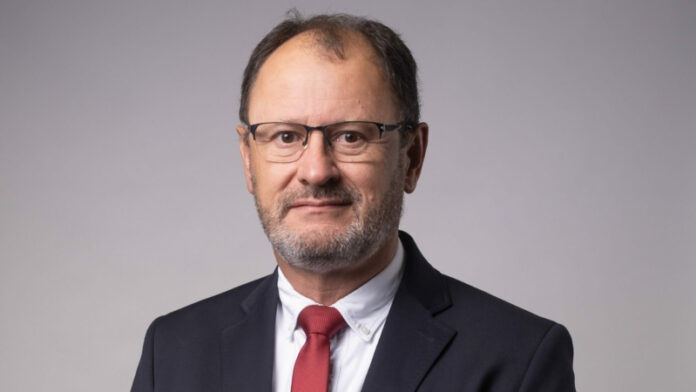
AFRIMAT was working on a transaction aimed at “strengthening the business with a little bit of diversification added to it”, said the firm’s CEO Andre van Heerden.
The diversified, mid-tier miner issued a cautionary to shareholders on June 1 saying it had “entered into negotiations regarding a potential transaction”.
Responding to a question last week at the Junior Indaba conference, Van Heerden declined to provide details of the transaction but said it was “exciting”. Shares in the company have gained about 4.5% in the last five days.
Having started as a supplier of aggregates to the domestic construction industry, Afrimat now has exposure to the export iron ore and manganese and nickel markets following a string of transactions in five years. It often buys assets out of business rescue.
“Don’t overpay”, said Van Heerden at the conference regarding his company’s business strategy. He also said Afrimat focused on operating assets rather than finding new deposits for development.
“We normally explore desposits that we have bought and try to understand geology,” he said. “But we are not an exploration company. We are a bunch of operators. Those clever geologists … we don’t have many of them. Once discovered, we know how to mine”.
As a bulk miner, Afrimat is reliant on Transnet to freight its products. He was confident that benefits from a recently started collaboration between industry and Transnet would “see benefits over time”.
But the state-owned firm’s problems should not be under-estimated. “On the domestic side, Transnet has a serious problem with crime and cable theft and the only solution as a miner is road transport. We’ve done this,” he said of shifting export of minerals to road. “We will sell aggregates to fix the roads we are damaging,” he added, jokingly.
Asked about why the company withdrew from a $45m offer to buy the Gravenhage manganese deposit in the Northern Cape last year, Van Heerden said it was undone by limiations on the water use licence.
“We signed a purchase agreement and the last outstanding condition was the award of a water use licence. But it was so limited it was impossible to mine,” he said. “The amount of water we can withdraw allows us to mine under water.
“We had to walk from the transaction. That’s the history of Gravenhage. It is a water use licence that killed a very nice project.”
In April, Afrimat declared final dividend of 110 cents per share, amounting to a total payout of R175.7m, R38m less than last year.











